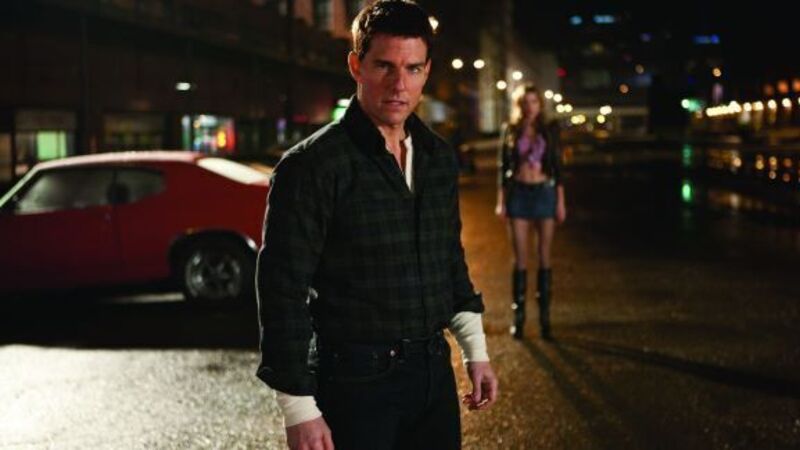He’s a Wanted Man, and not just by the police

AFTER a summer where millions learned to love the whip via the Fifty Shades of Grey phenomenon, the autumn brings a very different kind of literary hero — Jack Reacher, a “big man with nice eyes” who kills with his bare hands. He’s the kind of guy every man wants to be, and every woman … well, just wants.
A Reacher novel is bought somewhere around the world every four seconds, and despite the frequent graphic violence, has a huge and growing female readership. The latest book, A Wanted Man — number 16 from author Lee Child — brings more unrestrained action from this cool, clean hero, elevating his mythical status with a million more of us paunchy, middle-aged men.











